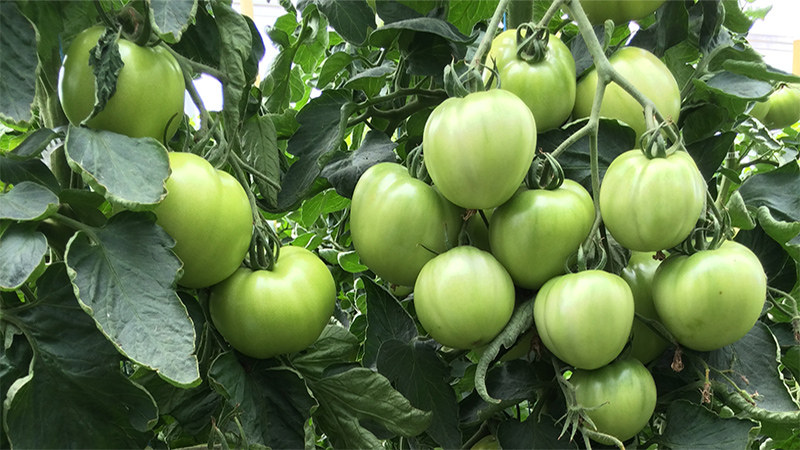Latin American Markets: Finding A Niche
Latin America is the No.1 growth market for many crop production companies, according to FCI’s 2009 State of the Industry survey. While Brazil and Argentina are major arenas, the remaining countries in the region are niche markets limited in scope due to the country’s geographical or political landscape.
Registration Resistance?
Mexico is the third largest regional market, following Brazil and Argentina, with a 2008 market value of US$700 million. “All three countries have registration systems based on equivalence,” explains Román Macaya, vice president of Agroquimica Industrial Rimac and director of Asociación Latinoamericana de la Industria Nacional de Agroquímicos (ALINA). “So, the data requirements to get products approved are similar.” By “equivalence” Macaya is referring to a “me too” system, similar to how generics are registered in many countries. The total market values listed on the map, right, include both generics and new active ingredients.
Entrance into these markets depends on the country, which vary in the efficiency and transparency of their registration systems over time, says Macaya. Costa Rica previously issued registrations “relatively frequently, until the lobby of the large multinational companies started to have its usual effect of closing markets. It took farmers protesting outside Congress to get the system moving again,” Macaya says. “Guatemala also became a ‘registration-resistant’ country, but is slowly starting to open up again.”
The biggest barrier to registration appears to be efficiency. “The five Andean-Norm countries have far from harmonized systems, with some countries working more efficiently than others,” Macaya explains. These countries — Colombia, Venezuela, Peru, Bolivia, and Ecuador — use a system based not on demonstrating equivalence, but on a combination of published and newly-generated data, says Macaya. “This system was developed … with the aim of harmonizing the registration systems of the five countries in the ‘Andean Community’ and providing for mutual recognition of registrations.” However, Macaya adds, this mutual recognition of registrations is not working in practice.
For foreign manufacturers and producers trying to break into these markets, Macaya gives the following advice: “Find a strong and knowledgeable local partner,” he recommends. “Registration approvals are just the beginning. A local partner should provide local know-how in terms of market knowledge, customer base, optimal terms for the sale of products and risk avoidance.”





